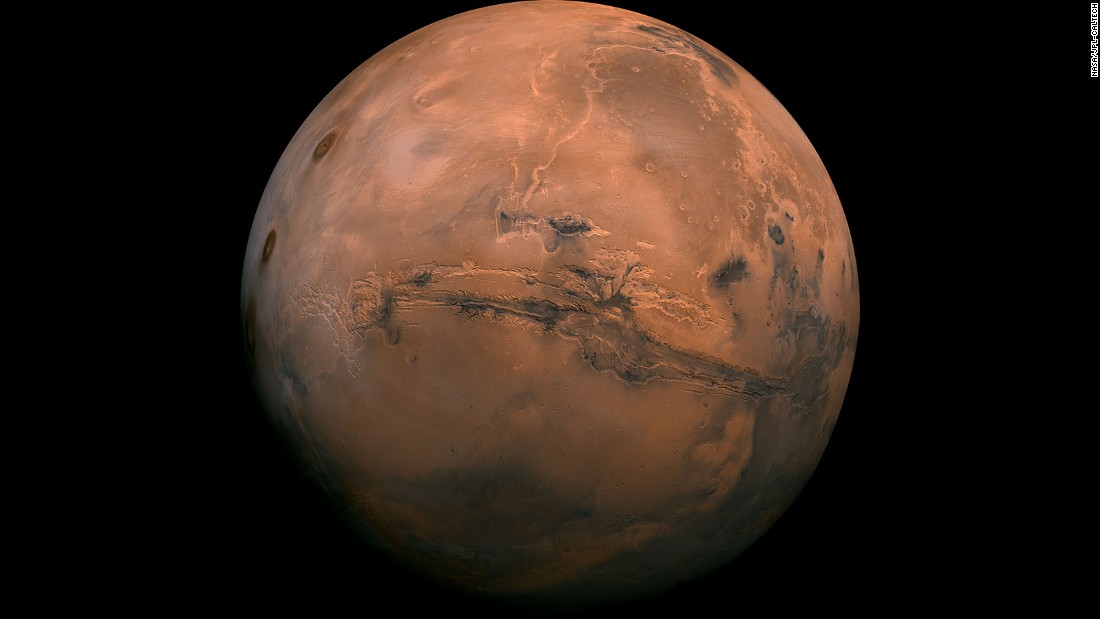
Speaking ahead of the opening of the Chinese People's Political Consultative Conference (CPPCC), a major political event in Beijing, Wu Weiren, chief designer of China's lunar exploration program, said the red planet was the natural next step.
"Over the past 60 years, we've made a lot of achievements, but there is still a large distance from the world space powers. We must speed up our pace," he said. "Next year, we will launch a Mars probe, which will orbit around the Mars, land on it and probe it."
China will also send an additional probe to the Moon, which will take samples from the surface and return to Earth. If successful, it will become only the third country to have completed such a task, after the United States and Russia.
Wu's comments came as a Mars simulation base opened in Qinghai's Qaidam Basin, a hyper-arid region in western China that is the highest desert on Earth and long considered one of the best parallels with the Martian surface on our own planet.
According to the state-run Global Times, the new simulation base cost $22.3 million to build and covers an area of 53,330 square meters. It can accommodate 60 people in its capsules and hundreds in tents around the base.
While the red rocky area bears a strikingly similarity to Mars, Jiao Weixin, a space science professor at Peking University, told the paper it's "extremely difficult to simulate Mars due to its special natural features and hostile environment -- low air pressure, strong radiation and frequent sandstorms, as well as vast differences in geography."
China was late to the space race -- it didn't send its first satellite into orbit until 1970, by which time the United States had already landed an astronaut on the moon -- but it has been catching up fast.
Since 2003, China has sent six crews into space and launched two space labs into Earth's orbit. In 2013, it successfully landed a rover -- Yutu 1 -- on the moon, becoming only the third country to do so.
In December last year, it landed another probe and a rover, Yutu 2, on the far side of the moon, the first time this had ever been done.
Progress has been slow going since then: due to the extreme conditions on the far side of the moon, the rover often has to go into hibernation to preserve its capabilities for further exploration, Wu said on Sunday.
"Due to the moon's rotation and revolution, the night on the moon is 14 days long. This reduces the temperature on the moon to minus 190 degrees Celsius, a temperature that all components, parts, and electronic components cannot stand," Wu said. "So we let it sleep for a while, ensuring it can spend the night safely. A few days ago, it woke up automatically ... and started to work. Currently, it is in normal condition."
He said that the probe was currently headed northwest of its original landing site in the Von Karman Crater, adding, "we've gained a lot of data in the past few days, and we are going to reveal the data to the world."
Bagikan Berita Ini















0 Response to "China plans to send a rover to explore Mars next year"
Post a Comment